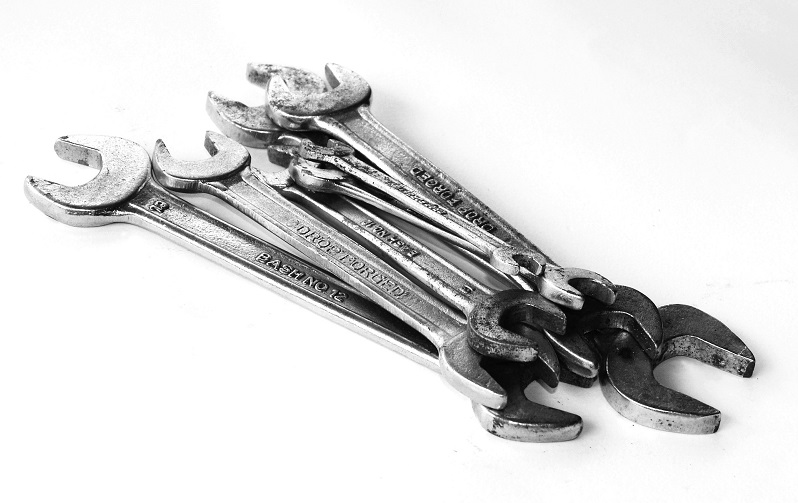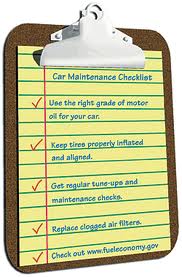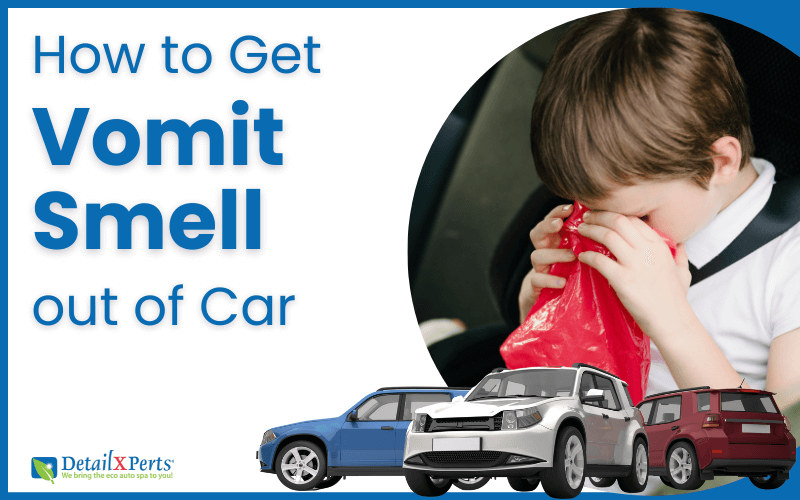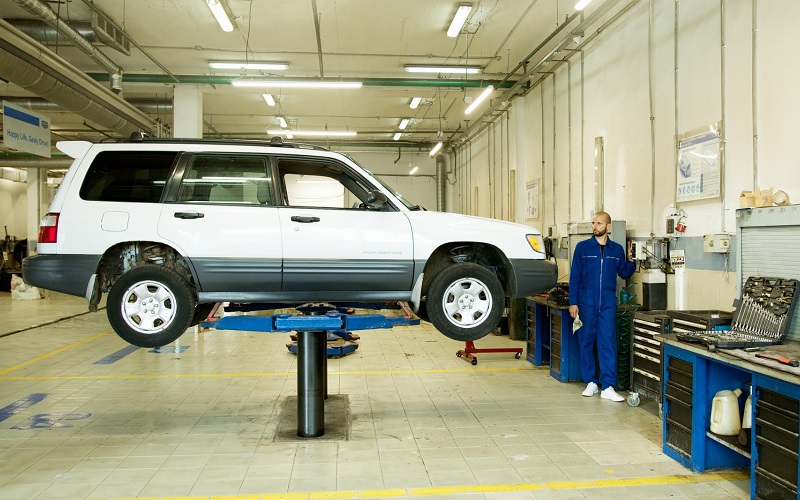Acquiring a vehicle is a fairly easy task. The tougher part comes later, maintaining it adequately. It is quite interesting what is under the hood. Does the engine oil need to be changed? Maybe your transmission needs some maintenance or service? Something seems wrong with your brakes? Is your car making unusual noises? Vehicle maintenance is something most of us ignore. Until our vehicle stops functioning, that is. And then we wonder what went wrong, where. Now you can ensure better car maintenance with our top 5 must-do’s – read on!
Before You Learn What You Need for Better Car Maintenance
Car maintenance is one of the most serious aspects of ownership. It determines the longevity, performance and reliability of the vehicle you drive. Looking after your vehicle involves more than just taking care of its external coat of paint and keeping it clean and shiny.
Better car maintenance means keeping all the systems and features functioning as closely as possible to the manufacturer’s original design intentions. It means taking care of all the parts, even those that are inside the bonnet. These are the parts that directly concern the performance of your vehicle.
Routine maintenance should be an ongoing process that begins when the vehicle is new. After all, any machine that receives use will also accumulate wear. Proactively tending to do better car maintenance is likely to help your vehicle start, run, and stop as the manufacturer intended. Thus, you get the maximum amount of performance, reliability, and service life.
Besides taking it to the service station at regular periods, it is a good idea to go through the owner’s manual that will give a fair idea about its routine maintenance. You can inspect your car every time you enter it, or on a daily or weekly basis or at the intervals specified in the manual.
5 Must-Do’s for Better Car Maintenance:
Check Fluids & Filters
Do it regularly – monthly for a vehicle in good condition; more often if you notice an oil leak or find you need to add oil routinely. The car should be parked on level ground so you can get an accurate dipstick reading. Also check the power-steering-pump dipstick and the level in the brake-fluid reservoir. Replacing dirty oil and filter will help protect the internal parts of the engine from premature wear.
Many vehicles require that you replace the fluid and filter every 36,000 miles – sooner if the normally pink fluid takes on a brownish tint. A dirty air filter prevents the engine from breathing properly, which can decrease fuel mileage and performance and make the engine work harder than it needs to. Check your owner’s manual for information.
Check Tire Air Pressure
Once a month and before any extended road trip, use an accurate tire-pressure gauge to check the inflation pressure in each tire, including the spare. Do this when the tires are cold. Use the inflation pressure recommended by the vehicle’s manufacturer, not the maximum pressure embossed on the tire’s sidewall. The recommended tire pressure is usually found on a placard on a front doorjamb, in the glove compartment, or in the owner’s manual. Also be sure to inspect tires for abnormal or uneven wear, cuts, and any sidewall bulges you can see.
Better Car Maintenance Requires Regular Brakes Checks
For most people it makes sense to have a shop check and service the brakes. The brakes should be checked at least twice per year; more often if you drive a lot of miles. Often, brakes have wear indicators that produce noise when it’s time to change the pads. Or your brakes may “feel” different when you press on them. If you think there may be a problem with your vehicle’s brakes, have them inspected. Replace excessively worn pads or linings, and have badly scored rotors or drums machined or replaced.
Check Belts
Drive belts are essential for keeping your vehicle’s electrical (alternator), engine cooling (water pump), and air-conditioning systems running. Having them inspected periodically and replaced when necessary means you’re less likely to experience a broken belt and the resulting vehicle breakdown.
Check Ignition
Though many spark plugs are designed to last 100,000 miles they can still get dirty or fail prematurely. Ignition wires lose insulating ability over time, and the connection to the plug or ignition coil can degrade as well. Having your service technician regularly inspect your ignition system can help you avoid conditions that may result in poor performance or reduced fuel economy.
Your vehicle has hundreds of moving parts all working together. Through normal driving over time some of these parts simply wear out or no longer perform the way they should. To make sure the vehicle is running at its best, your vehicle manufacturer recommends that certain parts and systems get checks at certain intervals. Better car maintenance is critical to ensure the safety, reliability, drivability, comfort, and longevity of a car.
Avoid Costly Repairs Down the Road
Almost two-thirds of automotive technicians believe that consumers can take care of their vehicles’ maintenance and repair needs for less than $500 annually. Considering the average coast and complexity of a new vehicle you may be penny-wise and dollar-foolish if you neglect routine maintenance. Your car has a lot of fluids and parts that wear out over time with normal usage, so if you want to avoid costly repairs and inconvenient breakdowns down the road, we advised you to keep up with better car maintenance now. We also advise you to get professional detailing services on a regular basis. You can schedule an appointment with us or purchase a car wash gift certificate to pleasantly surprise a friend or a loved one!
Enjoyed this post? Sign up for our newsletter to receive more valuable tips, ideas, coupons, and extras!






